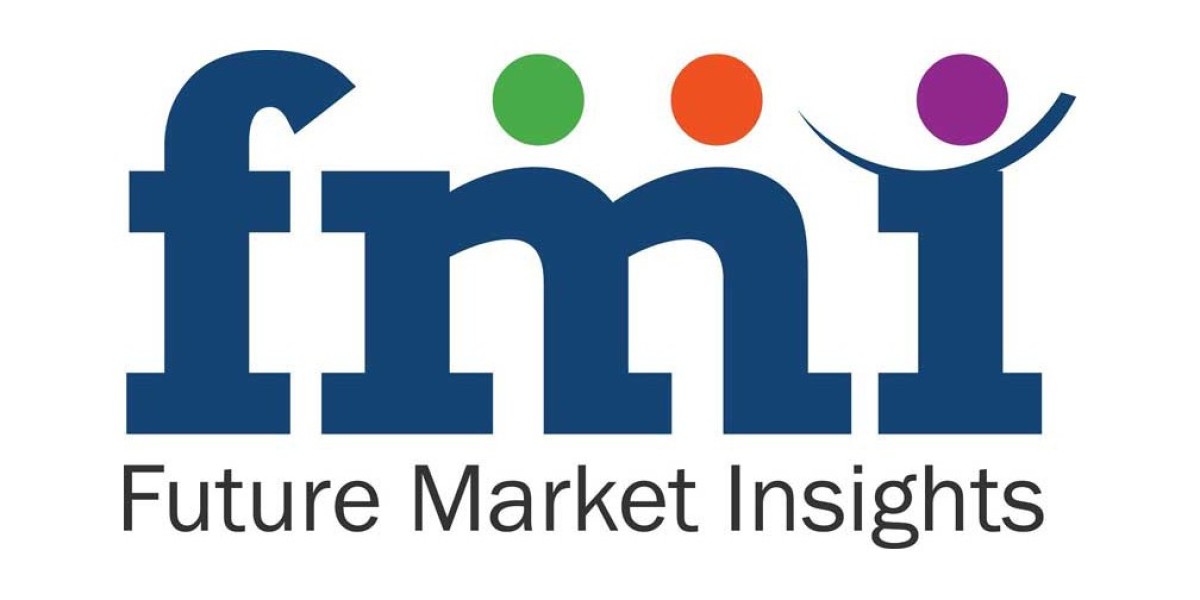The global Rapid Strength Concrete Market is entering a decade of strong expansion, poised to rise from USD 180.5 billion in 2025 to USD 396.9 billion by 2035, reflecting an impressive 8.2% CAGR. This surge is propelled by fast-track construction priorities, urban redevelopment, and government-backed infrastructure projects across major growth regions—including Asia-Pacific (APAC), Europe, the United States, and Saudi Arabia.
Between 2025 and 2030, the market is set to add USD 87.1 billion, accounting for 40.2% of overall incremental growth. From 2030 to 2035, rapid adoption in high-value civil works—including airports, rail systems, and smart city programs—will contribute USD 129.3 billion, representing 59.8% of total growth.
High-Speed Construction Fueling Global Demand
Rapid strength concrete continues to gain traction due to its ability to attain early compressive strength within hours, significantly reducing project timelines. As governments prioritize modernization, particularly in transport and utility sectors, contractors increasingly rely on fast-setting solutions to minimize public disruption.
Subscribe for Year-Round Insights → Stay ahead with quarterly and annual data updates: https://www.futuremarketinsights.com/reports/sample/rep-gb-23328
In 2025, the material captured:
- 46.0% share in the 40–80 MPa segment, the leading strength category
- 39.0% share in the infrastructure application segment, the largest by end use
- 6% share of the Ready-Mix Concrete Market
- 12% share in the Specialty Concrete segment
Demand is further supported by enhanced admixture technologies, improved binder formulations, and increased availability of pre-blended mixes adaptable to diverse climates.
Regional Growth Outlook: APAC, Europe, USA & Saudi Arabia Leading Expansion
Asia-Pacific (China, India, ASEAN, Japan, South Korea)
APAC remains the epicenter of global infrastructure acceleration.
- China leads worldwide with an 11.1% CAGR, supported by high-speed rail networks, mega-bridge programs, and smart city investments.
- India follows at 10.3% CAGR, driven by metro rail expansion, urban housing demand, and nationwide highway upgrades under the Bharatmala and Smart Cities Mission.
Precast technologies and advanced admixtures are increasingly adopted to ensure structural reliability while enabling rapid turnaround in densely populated urban areas.
Europe (Germany, France, UK, Italy, Spain)
Europe’s investment momentum is propelled by environmental regulations and modernization of aging assets.
- France (8.6% CAGR) is advancing low-carbon cement initiatives and integrating rapid-set concrete in bridge rehabilitation and airport runway upgrades.
- The United Kingdom (7.8% CAGR) continues to invest in tunnel refurbishments, rail station upgrades, and modular housing solutions.
- Germany and Nordic countries prioritize green materials and automation in batching operations.
Adoption of 3D-printed concrete and digital mix optimization tools further strengthens Europe’s transition to sustainable, rapid-build technologies.
United States
The U.S. market is forecast to grow at 7.0% CAGR, strengthened by federal infrastructure funding and urgent rehabilitation of aging transportation systems.
Key growth drivers include:
- Emergency highway repairs requiring overnight curing
- Airport runway restorations
- Bridge strengthening projects
- Mass adoption of fiber-reinforced and nano-modified concrete mixes
Advanced performance additives are becoming standard across cold-weather regions, enhancing durability and crack resistance.
Saudi Arabia & GCC Countries
Saudi Arabia’s infrastructure scale-up—driven by Vision 2030, mega-smart cities, airport expansions, and logistical corridors—continues to elevate rapid strength concrete demand.
The region benefits from:
- Harsh-climate-adapted admixtures
- Accelerated curing requirements for industrial and commercial megaprojects
- Large-scale precast adoption for modular construction systems
The Middle East’s emphasis on rapid project delivery and durability positions rapid strength concrete as a strategic material in both public and private sectors.
Need tailored insights? Request report customization to match your specific business objectives: https://www.futuremarketinsights.com/customization-available/rep-gb-23328
Key Market Drivers & Opportunities
- Fast-Track Infrastructure Construction
Roads, highways, metro lines, and airport runways remain the core beneficiaries due to the need for early load-bearing capacity. Many public-sector tenders now specify rapid-setting solutions to reduce closure timelines.
- Rising Demand for Emergency & Rehabilitation Works
High-traffic corridors and utility systems increasingly require quick repairs to minimize service disruption—creating sustained demand for rapid-setting blends and portable batching technologies.
- Growth in Modular & Precast Construction
Precast girders, tunnel linings, wall panels, and rail sleepers increasingly use rapid-strength mixes for faster assembly and reduced labor reliance.
- Emerging Trends: Fiber Reinforcement & Automated Mixing
Steel and synthetic fibers help enhance performance in heavy-load environments. Automated batching systems ensure consistency—especially critical for large-scale urban infrastructure.
Restraints Impacting Market Expansion
Despite strong growth, challenges persist:
- High production costs for specialty cement blends
- Raw material supply constraints in developing regions
- Quality control issues at on-site mixing locations
- Higher transportation cost for pre-mixed rapid setting formulations
Manufacturers are investing in cost-optimized binders and portable batching solutions to address these concerns.
Competitive Landscape
The market is shaped by global leaders including:
- BASF SE
- Sika Corporation
- CTS Cement
- Cemex S.A.B
- Tarmac
These companies lead in accelerator technologies, fiber reinforcement, eco-friendly cement alternatives, and customized solutions for complex infrastructure requirements.
Innovations such as IIT Indore’s cement-free geopolymer concrete and Nuvoco’s Concreto Uno highlight the industry shift toward sustainability and improved early-strength performance.
About Future Market Insights (FMI)
Future Market Insights, Inc. (FMI) is an ESOMAR-certified, ISO 9001:2015 market research and consulting organization, trusted by Fortune 500 clients and global enterprises. With operations in the U.S., UK, India, and Dubai, FMI provides data-backed insights and strategic intelligence across 30+ industries and 1200 markets worldwide.
Why Choose FMI: Empowering Decisions that Drive Real-World Outcomes: https://www.futuremarketinsights.com/why-fmi








